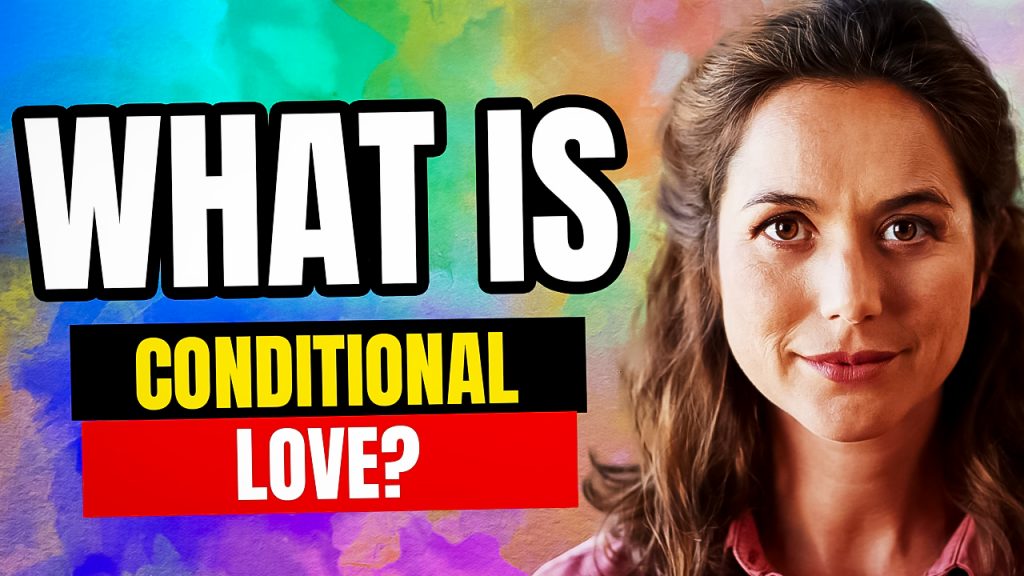
Conditional love is an expression used to describe love that is based on certain conditions or requirements. This kind of love is not unconditional, meaning that it comes with certain expectations, and if those expectations are not met, the love is either withdrawn or diminished. Conditional love can be seen in various types of relationships, including romantic relationships, friendships, and even between parents and children.
In romantic relationships, conditional love is often present when one partner has certain expectations of the other. For example, if one partner expects the other to act in a certain way, look a certain way, or have certain qualities, their love may be based on these conditions. If the partner fails to meet these expectations, the love may be reduced or withdrawn altogether. This kind of love can be damaging to both parties, as it can lead to feelings of insecurity and resentment.
In friendships, conditional love can manifest itself in similar ways. Friends may have certain expectations of each other, and if those expectations are not met, the friendship may suffer. For example, if a friend expects another friend to always be available to hang out, and that friend is not able to do so, the love between the two may be diminished. This can be especially harmful in friendships that have lasted a long time, as the expectations may have become ingrained over time.
Even between parents and children, conditional love can be present. Parents may have certain expectations of their children, such as academic or athletic achievement, and if those expectations are not met, the love between parent and child may be diminished. This can be especially harmful to children, as they may feel that they are only loved if they meet certain requirements.
One of the dangers of conditional love is that it can be a self-fulfilling prophecy. If one partner in a relationship is constantly worried about not meeting the other’s expectations, they may become insecure and begin to act in ways that are not true to themselves. This can lead to a breakdown in communication and ultimately the end of the relationship. Similarly, if a child feels that they are only loved if they meet certain requirements, they may become anxious and stressed, which can have negative effects on their mental health.
Unconditional love, on the other hand, is love that is given freely and without any conditions. It is the type of love that is often described as the purest form of love.
Unconditional love means loving someone for who they are, not for what they can do for you or how they make you feel. It is a love that is not based on external factors but rather on an internal understanding of the value of the person being loved.
While unconditional love may seem like an ideal, it is important to remember that no one is perfect, and it is natural to have expectations of others. The key is to find a balance between having expectations and loving someone unconditionally. This means being able to communicate your needs and expectations in a way that is respectful and understanding, while also accepting and loving the person for who they are.
One way to cultivate unconditional love is to practice empathy. Empathy is the ability to put oneself in someone else’s shoes and understand their perspective. By practicing empathy, we can begin to see the world through the eyes of the people we love and understand their struggles and challenges. This can help us to be more patient, understanding, and compassionate towards them, which in turn can strengthen our love for them.
Another way to cultivate unconditional love is to practice self-love. Self-love means loving and accepting oneself for who they are, flaws and all. By practicing self-love, we can develop a greater sense of compassion and understanding for ourselves, which can in turn spill over into our relationships with others. When we are able to love ourselves unconditionally, we are better equipped to love others in the same way.
This Post is Brought To You By BetterHelp